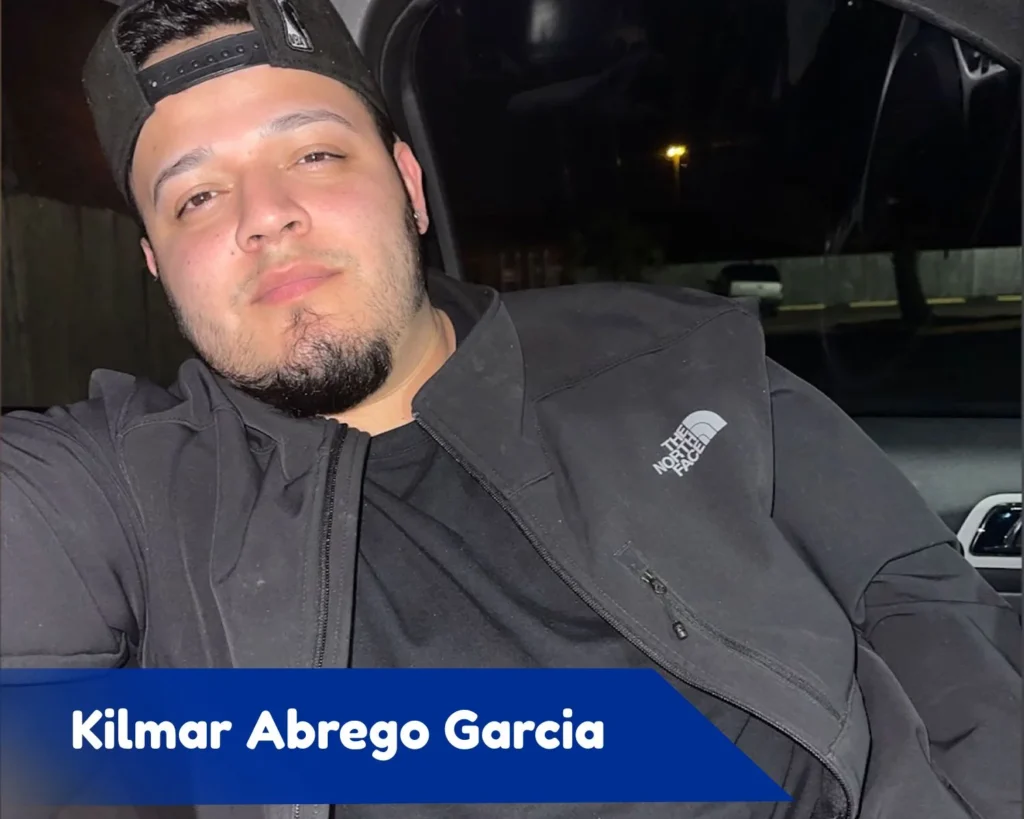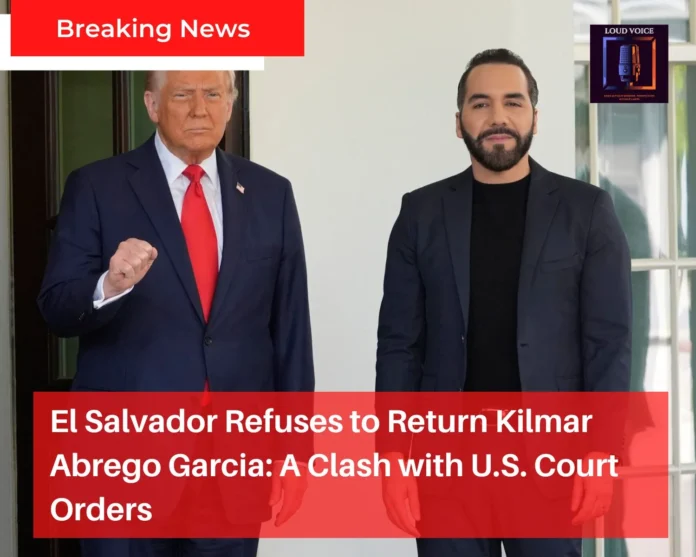Key Takeaways
- Despite the U.S. Supreme Court ruling, El Salvador refuses to return Kilmar Abrego Garcia to the United States.
- Bukele argues returning Garcia would risk the progress made in reducing crime in El Salvador.
- U.S. courts found no proof linking Garcia to gangs, contradicting the Trump administration’s claim.
- The U.S. admits Garcia’s deportation was a mistake but asserts it can’t legally force his return.
- The case highlights the tension between American judicial rulings and foreign sovereign decisions.
El Salvador’s Firm Stand Against U.S. Legal Pressure
In a move that’s reigniting debates on international law and sovereignty, El Salvador’s President Nayib Bukele has flatly refused to return Kilmar Abrego Garcia to the United States—despite a U.S. Supreme Court ruling calling for action.
During a visit to the White House, Bukele dismissed the request outright, asserting that his government wouldn’t be pressured into undoing what the U.S. itself acknowledges was a bureaucratic misstep.
“How can I smuggle a terrorist into the United States?” Bukele remarked, rejecting any possibility of handing Garcia back over. “I don’t have the power to return him,” he added.
Who Is Kilmar Abrego Garcia—and Why Is He So Controversial?
Kilmar Abrego Garcia, a Salvadoran citizen who had been living in Maryland with his wife and children, was deported earlier this year. According to the Trump administration, he was linked to the MS-13 gang and in the country illegally. However, U.S. District Judge Paula Xinis—and subsequently the Supreme Court—found no evidence backing that gang affiliation.

What’s more, the U.S. government admitted the deportation happened due to an administrative error. Despite that, the government argues that it bears no legal obligation to return Garcia.
Judge Xinis ordered federal authorities to facilitate his return, later clarified by the Supreme Court as providing logistical support—like a plane—should El Salvador agree to release him.
Bukele’s Justification: Public Safety Comes First
Bukele isn’t budging. His reasoning? Allowing Garcia to return would jeopardize the dramatic drop in violence El Salvador has achieved under his leadership.
“We transformed the murder capital of the world into the safest country in the Western Hemisphere,” he said. “And now we’re expected to reverse that by releasing someone considered dangerous? That’s not going to happen.”
Bukele’s remarks speak directly to the pride his administration takes in reducing gang violence and restoring public order. He’s been internationally recognized for his zero-tolerance crackdown on organized crime, though not without criticism for his aggressive approach.
Mixed Signals from U.S. Leadership
While the Supreme Court emphasized the need to “facilitate” Garcia’s return, U.S. officials have taken a more passive stance, arguing they’ve done all that’s legally required.
Former Attorney General Pam Bondi stated that it was up to El Salvador to decide whether Garcia would be sent back, emphasizing that no U.S. agency could compel another country to act against its will.
Stephen Miller, Trump’s senior advisor, doubled down on this view, calling it “arrogant” for American officials or media to dictate how a sovereign country handles its own citizens.
Secretary of State Marco Rubio chimed in as well, stating, “Foreign policy is the President’s domain—not the courts. No judge has the authority to steer America’s diplomacy.”
Legal Order vs. Political Reality
This case has become a symbolic flashpoint in the wider debate about the reach of U.S. courts and the limits of international influence. It raises important questions about whether U.S. court rulings can—or should—impact the actions of foreign governments.
Despite the judicial order, Bukele’s firm stance underscores El Salvador’s desire to make its own decisions about internal security and citizen affairs, even when under pressure from a global superpower.
Conclusion: A Diplomatic Deadlock with No Easy Resolution
The situation surrounding Kilmar Abrego Garcia is more than just a legal dispute—it’s a reflection of the ever-evolving power dynamics between the U.S. and its Central American neighbors. While courts may rule and governments may request, ultimately, sovereign nations will act based on their own priorities.
For Bukele, the priority is maintaining peace and security in El Salvador. For U.S. courts, it’s about upholding justice and correcting administrative wrongs. The tension between these priorities is unlikely to ease anytime soon.


